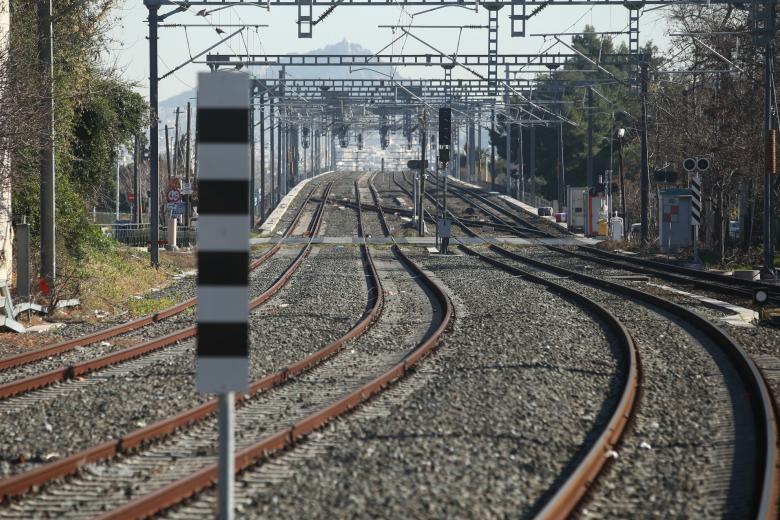
According to information, the contractual agreement for the management of the Greek railway infrastructure, which has entered the radar of the European Commission, is in the final stretch. Yesterday, in fact, the decision was published regarding the referral of Greece due to non-compliance with the European railway rules, an issue which, according to sources close to the case, will have been resolved before it reaches the courtroom.
Let’s take the things from the beginning. In the framework of the directive for the creation of the single European railway area, there is the obligation to enter into a contractual agreement which defines the rights and obligations of the member state and the manager of the national infrastructure, in this case the Hellenic Railways Organization (OSE).
Given the under-investment, which also led to the general obsolescence of the railways, during the years of the crisis, Greece5 was left behind in all issues related to modern railway infrastructure. Long-standing problems in the promulgation of new projects and maintenance of the network, the modernization of the operation to European standards, the opening of the market, the European corridors, but also regulatory issues, were postponed for the future.
Thus, when, under the pressure of the Commission, discussions on the consolidation of the railway began, with the threat of the return of billions of EU funds, an intractable tangle of problems had been created. The negotiations with the Commission for the restructuring of the railway operators, which led last autumn to the separation of OSE – ERGOSE, lasted more than two and a half years.
The Court of Auditors scrutinizes the agreement
This was also the decisive step for the capital change of the Greek railway, without this meaning that there are no other pending issues to enter a normal European trajectory. One of them is the contractual agreement between the Greek State and the OSE infrastructure manager. According to information, the text of the contract is already being reviewed and approved by the Court of Auditors, so that it can then be signed and our country has complied with the European directive.
As noted in the European Commission’s decision to refer Greece, the member states had to have complied by June 16, 2015 and the agreement had to have been published within one month. The Commission initiated infringement proceedings against Greece in December 2020 and sent a reasoned opinion in December 2021.
Higher state funding to OSE
The conclusion and publication of this agreement, as explained in the decision, is particularly important for the transparency of the upcoming projects in the rail infrastructure network. This agreement should contain substantive provisions, such as regarding the amount of funds available for infrastructure services, as well as user-oriented performance objectives, for example, line speed, customer satisfaction, or environmental protection.
That is, the agreement between the State and the OSE should cover all aspects of infrastructure management, the financial obligations of the Member State, the efficiency requirements for the infrastructure manager, the reporting obligations and the rules for dealing with emergency situations and serious malfunctions.
It will also include corrective measures to be taken in the event that one of the parties breaches its contractual obligations or, in exceptional circumstances, in the event that the availability of public funding is affected. These agreements include a five-year financial framework for the construction, upgrading and maintenance of rail infrastructure, which makes public funding predictable.
This year, in fact, the manager of the national infrastructure will receive, after years when the state contribution was constant at 45 million euros, increased funding totaling 75 million euros, an increase of 66%. Last year, an additional 20 million euros were secured by the Ministry of Infrastructure and Transport, through the new Public Works Program. These moves cover a significant part of the financial gap that OSE has been facing for years, with an obvious impact on the maintenance of the country’s existing network
Latest News

FM Gerapetritis Calls for Unified EU Response to Global Crises at EU Council
"Europe is navigating through unprecedented crises — wars, humanitarian disasters, climate emergencies," he stated.

Holy Week Store Hours in Greece
Retail stores across Greece are now operating on extended holiday hours for Holy Week, following their Sunday opening on April 13. The move aims to accommodate consumers ahead of Easter, but merchants remain cautious amid sluggish market activity.

Green Getaway Ideas for Easter 2025 in Greece
Celebrate Easter 2025 in Greece the sustainable way with eco-farms, car-free islands, and family-friendly getaways rooted in nature and tradition.

Civil Protection Minister Details Summer Firefighting Plans at Delphi Forum
At the 10th Delphi Economic Forum, Minister of Climate Crisis and Civil Protection Yiannis Kefalogiannis discussed Greece's plans for the upcoming fire season.

How Shops and Markets Will Operate During Easter Holy Week
The Easter holiday schedule has been in effect since April 10, with retail stores open Palm Sunday, and most supermarkets also operating to meet consumer demand for Easter shopping

Why Is the French Aircraft Carrier Charles De Gaulle in Piraeus?
Docking in Piraeus after a four-month deployment in the Indo-Pacific region, the admiral of the aircraft carrier the Charles de Gaulle says, "Greece is our best partner in the Mediterranean."
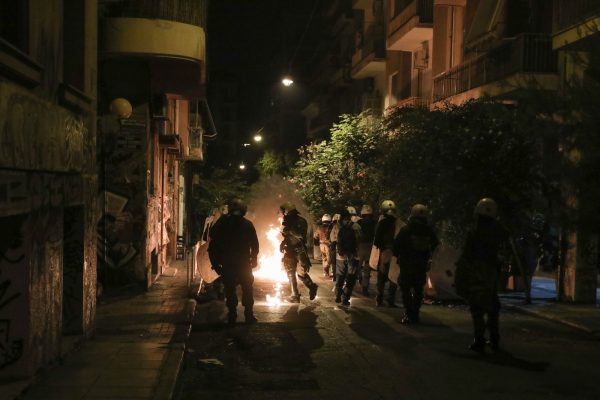
Riots and Vandalism in Downtown Athens Exarcheia Region
Night of unrest in downtown Athens' region of Exarcheia – 11 Cars Burned, 72 Detentions

Truth Team: Is the PM and his team telling the truth, the whole truth and nothing but the truth?
The Greek government spokesman noted that "a private individual received payment from other private individuals, and for some people this is a horrifying revelation."

Mayor of Athens Announces Strategy to Address Housing Crisis
Athens Mayor Haris Doukas outlined a series of municipal interventions aimed at tackling the housing crisis during a public event co-hosted with the University of Athens
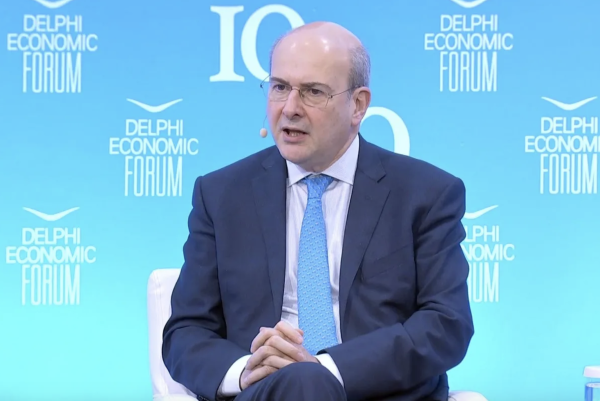
Hatzidakis at Delphi Forum: Train Reform Bill to Cabinet on April 28
The Deputy Prime Minister stated that a draft bill concerning the Hellenic Railways Organization (OSE) will be brought before the cabinet on April 28

























![Εξοχική κατοικία: Κέρδη από την αξιοποίηση στην Ελλάδα – Οι αποδόσεις των νεόδμητων [γραφήματα]](https://www.ot.gr/wp-content/uploads/2025/04/paros-768x512-1-600x400.jpg)





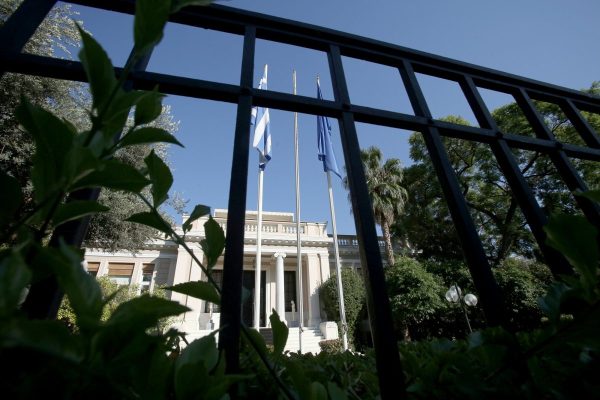
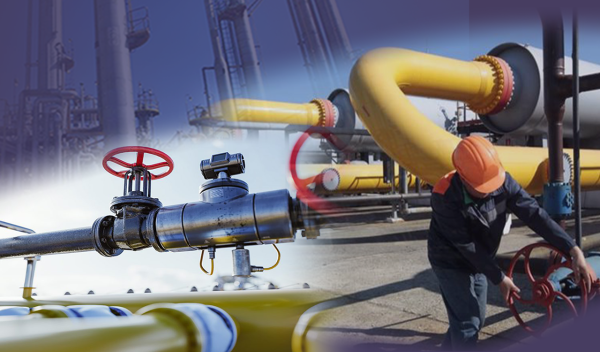

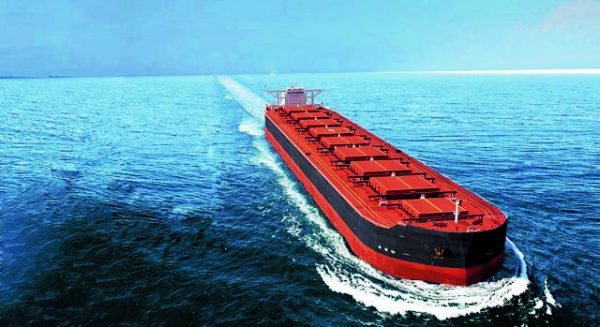



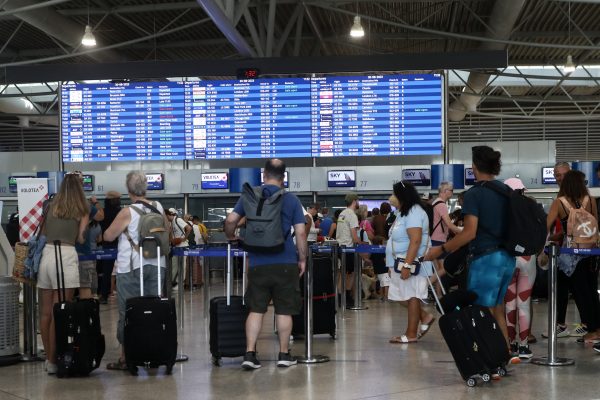
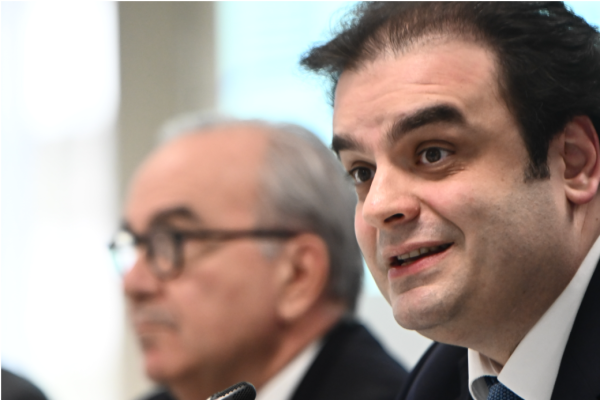

 Αριθμός Πιστοποίησης
Αριθμός Πιστοποίησης